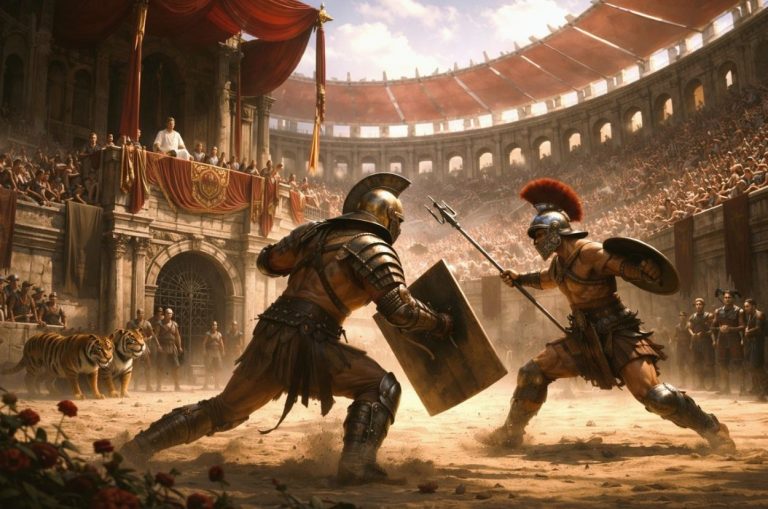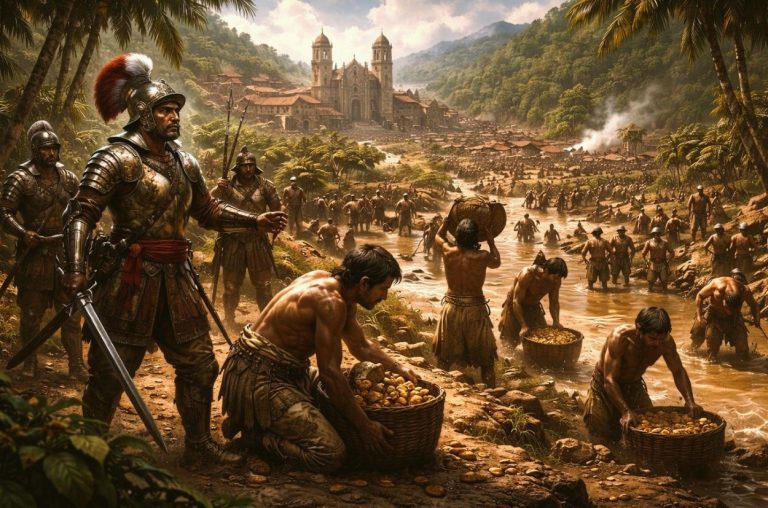
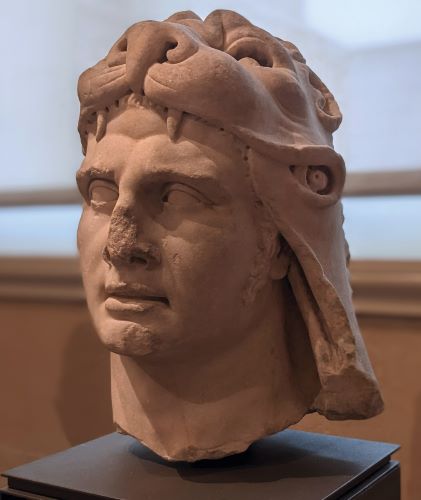
An example of how wealth and power in the ancient world were often built on the suffering of others.

By Matthew A. McIntosh
Public Historian
Brewminate
Introduction
Mithridates VI, known as Mithridates the Great, was one of the most formidable enemies of Rome in the ancient world. His reign, spanning from 120 BCE to 63 BCE, was characterized by his aggressive expansionist policies, his exploitation of conquered peoples, and his ruthless treatment of political rivals. Mithridates is remembered for his ability to amass immense wealth and power through conquest, plunder, slavery, and political manipulation. His reign serves as a stark reminder of the ways in which power and wealth were often built on the backs of the oppressed in the ancient world. Here we explore how Mithridates VI used violence, exploitation, and brutality to amass wealth, focusing on his conquests, the massacre of Roman citizens, his use of slavery, and his manipulation of Greek resources and culture.
Conquest and the Plundering of Wealth
Mithridates was a master of military strategy and expansion, and much of his wealth came from the territories he conquered. His military campaigns targeted several regions, including Greek city-states and Roman territories in Asia Minor. After his victories, Mithridates would plunder the cities he conquered, seizing valuable treasures, land, and resources. His strategic mind was focused on using these spoils to fund his wars against the Roman Republic, and his wealth allowed him to maintain a formidable military presence in the region.
Mithridates’ conquests also allowed him to control key trade routes in the eastern Mediterranean, further enriching his kingdom. His military successes were not only a means of territorial expansion but also a way to acquire the resources necessary to challenge the growing power of Rome. These resources, including gold, silver, and valuable agricultural lands, were crucial for sustaining his empire and securing his position as a powerful regional ruler.
The Massacre of Romans and Enslavement of Populations
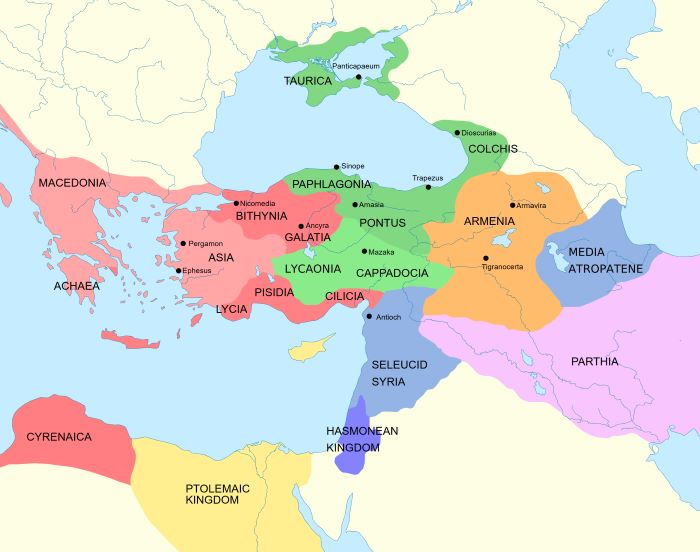
One of Mithridates’ most notorious acts was the Massacre of the Italians in 88 BCE, often referred to as the Asiatic Vespers. As Mithridates sought to solidify his control over Asia Minor and expand his power, he ordered the execution of thousands of Romans and Italians living in the region. The massacre was a direct response to the growing influence of Rome in the area and a way for Mithridates to eliminate potential Roman supporters. It was also a strategic move to seize their wealth and properties.
The execution of so many individuals resulted in a significant transfer of wealth. After the massacre, Mithridates’ soldiers looted the estates of the victims, further enriching the king. The plundered wealth allowed Mithridates to fund his military campaigns, maintain a strong base of power, and enhance his political influence. This brutal act of violence, while deeply controversial, was part of Mithridates’ broader strategy to challenge Rome and secure his control over the region.
In addition to the massacre, Mithridates engaged in the widespread enslavement of conquered peoples. After his military victories, he would capture large numbers of slaves, many of whom were put to work in mines, fields, and urban centers. Mithridates used slavery not only as a means of economic exploitation but also to strengthen his military and political power. The labor of enslaved peoples contributed to the wealth of his kingdom, as it was used to fuel agricultural production, build infrastructure, and supply labor for military efforts. Mithridates’ reliance on slavery was a fundamental aspect of his ability to maintain power and accumulate wealth.
Exploiting Greek Culture and Resources
Although Mithridates presented himself as a defender of Greek cities and culture, he was also an opportunist who sought to exploit these cities for their resources. Mithridates capitalized on the political and cultural divisions within the Greek world to expand his influence and gain control over strategically important cities. He sought to present himself as a protector of Hellenistic ideals and a champion of Greek freedom from Roman domination. In reality, however, his protection of these cities often came with significant strings attached.
Mithridates used Greek cities as economic pawns in his struggle against Rome. He extracted resources from these cities, including tribute and military support, to fund his wars. Mithridates also exploited the wealth of Greek cities through trade and taxation, consolidating his own wealth while imposing harsh demands on the populations he controlled. His manipulation of Greek cities and resources was a key component of his broader strategy to challenge Roman dominance in the region.
Mithridates’ Legacy of Exploitation and Abuse
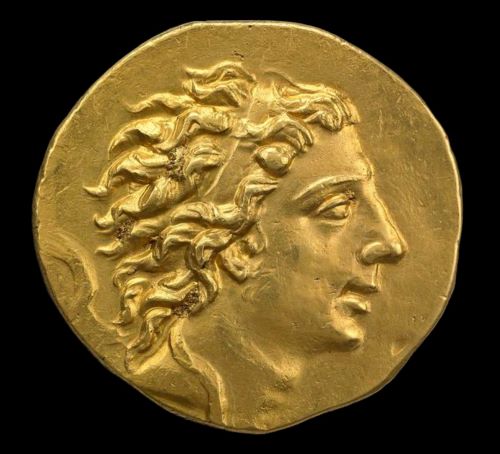
Mithridates’ reign left a complex legacy of both resistance to Roman imperialism and ruthless exploitation of conquered peoples. His ability to amass vast wealth through military conquests, political manipulation, and the exploitation of slaves was central to his power. However, his methods of wealth accumulation were often brutal and led to widespread suffering, particularly among the Roman and Greek populations he targeted.
Mithridates’ actions were not unique for the time, as many ancient rulers sought to accumulate wealth through similar means. His legacy, however, is marked by his prolonged resistance to Rome and his role in one of the most significant challenges to Roman authority in the eastern Mediterranean. Mithridates’ wealth, derived from plunder, violence, and exploitation, allowed him to become a powerful figure in the ancient world, but his reign also contributed to the larger trend of imperial conquest and the subjugation of vulnerable populations.
Ultimately, Mithridates’ efforts to resist Roman imperialism were unsuccessful, as he was eventually defeated by the Romans in 63 BCE. His death marked the end of his ambitions and the fall of the Pontic Kingdom. However, the wealth he accumulated and the impact of his reign left a lasting mark on the history of the ancient world.
Conclusion
Mithridates VI of Pontus is a striking example of how wealth and power in the ancient world were often built on the suffering of others. Through his conquests, the massacre of Roman citizens, the exploitation of slaves, and the manipulation of Greek resources, Mithridates amassed a fortune that allowed him to challenge Roman power for nearly three decades. His legacy is one of both defiance against a rising empire and the ruthless accumulation of wealth through violence and oppression. While his reign was marked by ambition and military brilliance, it was also a reminder of the darker side of imperial rule, where the pursuit of power and wealth often came at the expense of countless lives.
Appendix
Endnotes
- Hans Beck, The Pontic Kingdom of Mithridates VI (Cambridge: Cambridge University Press, 2008), 45.
- Ernst Badian, Mithridates the Great and the Roman East (Oxford: Oxford University Press, 1963), 123.
- Theodor Mommsen, The History of Rome, trans. William P. Dickson (London: Kegan Paul, 1905), 462.
- László Szalay, The Rise and Fall of Mithridates VI: Rome’s Greatest Rival in the East (New York: Routledge, 2015), 97.
Bibliography
- Beck, Hans. The Pontic Kingdom of Mithridates VI. Cambridge: Cambridge University Press, 2008.
- Badian, Ernst. Mithridates the Great and the Roman East. Oxford: Oxford University Press, 1963.
- Mommsen, Theodor. The History of Rome. Translated by William P. Dickson. London: Kegan Paul, 1905.
- Szalay, László. The Rise and Fall of Mithridates VI: Rome’s Greatest Rival in the East. New York: Routledge, 2015.
Originally published by Brewminate, 07.07.2025, under the terms of a Creative Commons Attribution-NonCommercial-NoDerivatives 4.0 International license.
